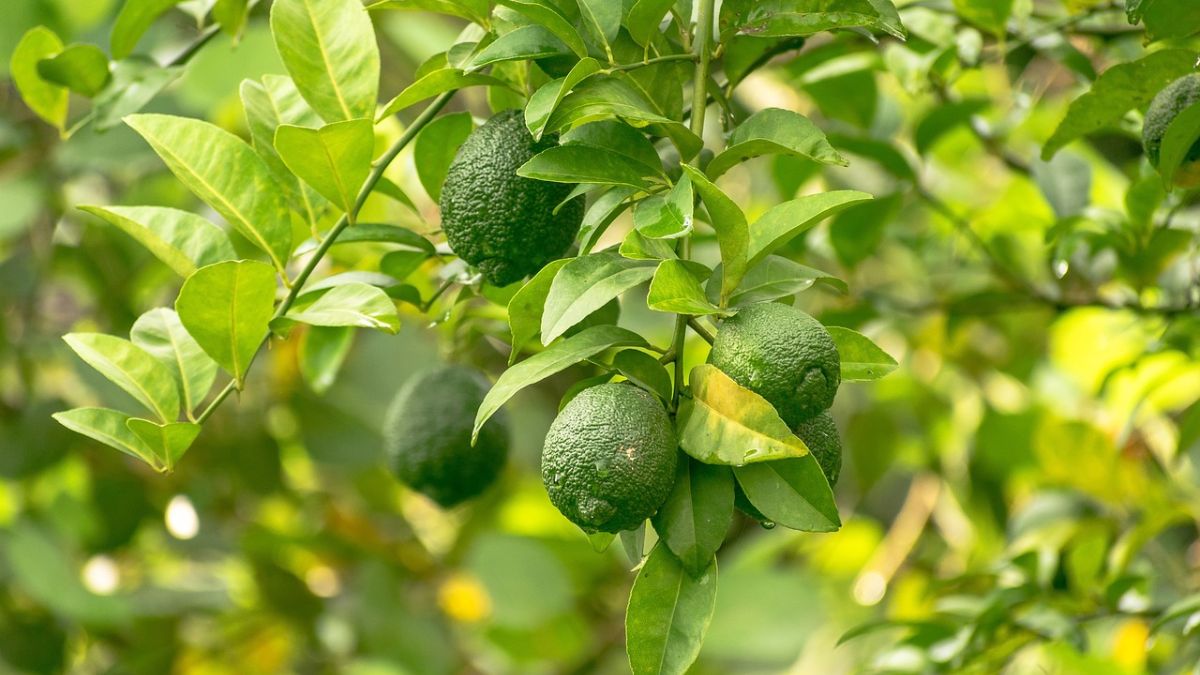Lemons, those ubiquitous bright yellow fruits, are more than just a source of tart flavor in lemonade. They boast a rich history, surprising versatility, and a surprising number of health benefits. Let’s delve into the world of lemons and explore ten fascinating facts about these zesty wonders:
1: A Surprisingly Sour History
Lemons likely originated in Southeast Asia, possibly northeastern India or Myanmar. Arab traders introduced them to the Middle East and around the Mediterranean by the 1st century AD. Lemons reached Europe much later, around the 10th to 12th centuries, and were initially considered a luxury good due to their rarity and high price.

2: A Tangy Trio
Not All Lemons Are Created Equal The most common varieties of lemons include the Lisbon lemon, known for its smooth, seedless flesh and high juice content; the Eureka lemon, with a thicker rind, more seeds, and a slightly bumpier exterior; and the Meyer lemon, a hybrid known for its sweeter flavor and deeper yellow color.
3: A Powerhouse of Vitamin C
One lemon provides over 50% of the recommended daily value of Vitamin C, which is essential for immune function, collagen production, and wound healing. Lemons were once used by sailors to prevent scurvy, a Vitamin C deficiency that caused weakness, bleeding gums, and even death.

4: Beyond the Pucker
The Magic of Citric Acid The tart flavor and acidic properties of lemons come from citric acid, which makes up about 6% of their juice. Citric acid not only adds zest to food and beverages but also acts as a preservative and has various cleaning and disinfecting applications.
5: A Culinary Chameleon
Lemons Elevate Every Dish Lemons are a staple ingredient in countless cuisines around the world. Their juice brightens flavors in savory dishes like fish, poultry, curries, and marinades. Lemon zest adds a fragrant touch to baked goods, desserts, and even cocktails.
6: Lemons for Life
Health Benefits Beyond Vitamin C The health benefits of lemons extend beyond their Vitamin C content. Studies suggest they may aid digestion, promote weight loss, and improve heart health. Lemons are also a good source of potassium and antioxidants.

7: Lemons and the Environment
A Sustainable Choice Lemon trees are surprisingly low-maintenance and require minimal water compared to other fruit trees. They can be grown in containers, making them ideal for urban environments. Additionally, most parts of the lemon can be used, minimizing waste.
8: From Fruit to Furniture
The Many Uses of Lemon Wood Lemon trees produce not just delicious fruit but also beautiful, close-grained wood. This wood is prized for its strength, durability, and natural lemony fragrance. It’s used for crafting furniture, utensils, and decorative items.

9: Beyond the Kitchen
Lemons Lend a Hand with Cleaning The natural disinfecting properties of lemons make them a handy and eco-friendly cleaning solution. Lemon juice can be used to cut through grease, remove stains, and freshen surfaces. It’s also a natural deodorizer for refrigerators and cutting boards.
10: A Symbol of Abundance and Hope
The Cultural Significance of Lemons Lemons hold cultural significance in various traditions. In some cultures, they symbolize purity, wealth, and good luck. Lemon trees are often planted near homes to bring prosperity and happiness.
Lemons are more than just a tart addition to your favorite beverage. They’re a versatile fruit with a rich history, surprising health benefits, and a multitude of uses beyond the kitchen. So next time you reach for a lemon, take a moment to appreciate its zesty goodness and the fascinating story it holds.










